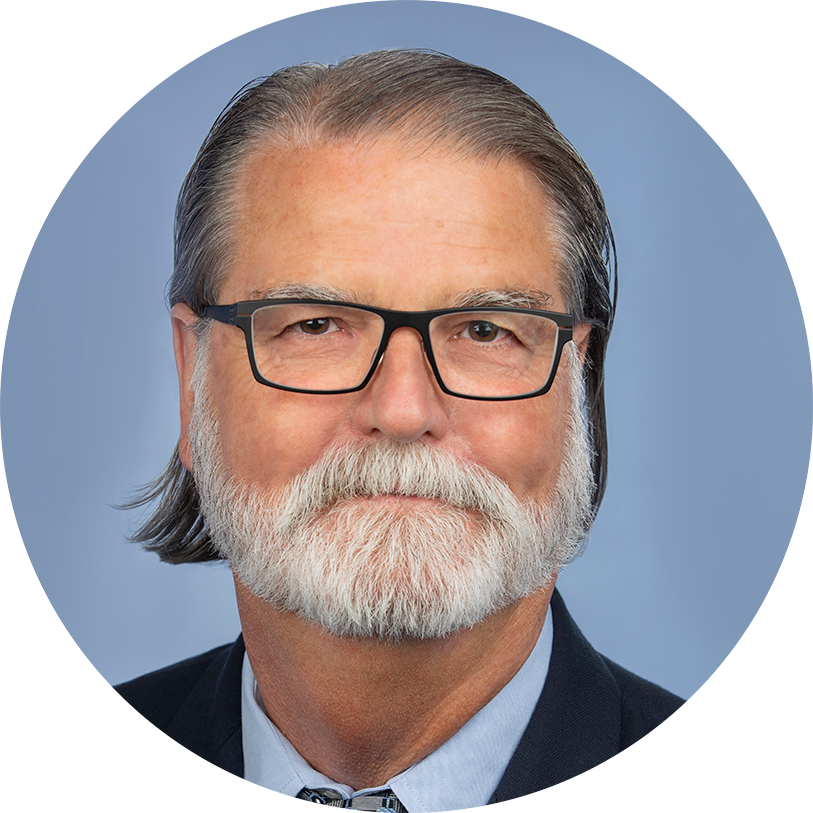John M. Boone, PhD, is professor of radiology at the University of California Davis and holds an appointment in the Department of Biomedical Engineering there. He received his undergraduate degree in biophysics at UC Berkeley and finished his graduate work in medical physics at the University of California Irvine. He is board-certified by the American Board of Radiology in diagnostic radiological physics. Dr. Boone has many research interests, but he has focused recently on breast dosimetry and the development of breast computed tomography (bCT) for breast cancer screening and diagnostic evaluation. His lab has designed, fabricated, and tested four prototype breast CT scanners, and more than 600 women have been scanned on these systems. His research on breast CT has focused on technical development, clinical assessment, observer performance, and mathematical image characterization. Dr. Boone also has research interests in image quality assessment and patient dosimetry in computed tomography, spectral modeling, and artificial intelligence applications in diagnostic radiology.
Dr. Boone is co-author of the medical imaging textbook, Essential Physics of Medical Imaging, and is a commissioner of the International Commission on Radiation Units (ICRU). He is a fellow of the American Association of Physicists in Medicine (AAPM), the American College of Radiology (ACR), the Society of Breast Imaging (SBI), the American Institute for Medical and Biological Engineering (AIMBE), and the Society of Photo-optical Instrumentation Engineering (SPIE).




